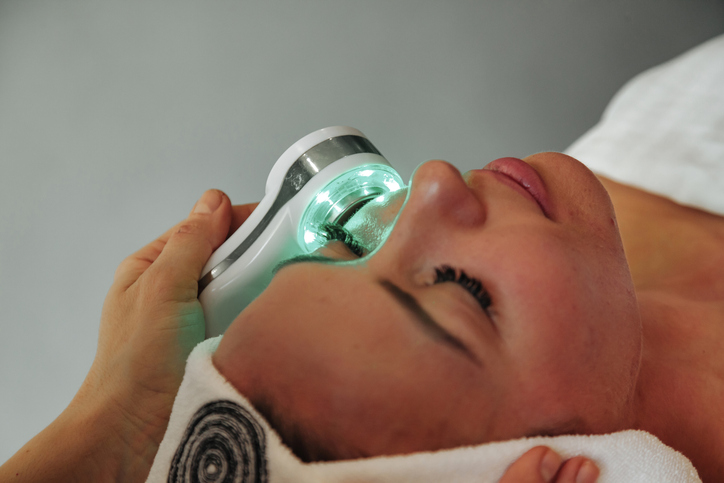
Do LED treatments really work?
LED light therapy, also known as phototherapy, is a non-invasive treatment that harnesses the power of light to address various skin concerns.
Dr Michael Rich is a specialist dermatologist who has been performing tumescent liposuction for over 30 years. Find out if Liposuction is suitable for you at ENRICH Clinic.
At ENRICH Clinic, we have a wide range of dermatological and cosmetic body treatments tailored to individual body and patient needs.
At ENRICH Clinic, our treatments are performed by our medical team consisting of doctors, nurses, and dermatologists and are tailored to each patient’s skin health needs.
ENRICH Clinic is committed to your skin health and well-being with a range of dermatological & cosmetic treatments tailored to the individual. Our treatments are performed by our medical team consisting of doctors, nurses, and dermatologists.
Skin health is essential for everyone. ENRICH Clinic has a wide range of technologies and dermatological solutions to help you achieve your skin care goals.
The humble chemical peel is making a huge comeback – it’s a budget-friendly way to get noticeably more beautiful skin. Skin will look and feel smoother, tighter, and fresher.
There’s no need to undergo complicated procedures when a peel may be a perfect option. If you’re new to cosmetic treatments, a chemical peel can be a lovely introduction. You’ll get legitimate skin results that don’t cost the earth.
But, how do you prepare yourself for a chemical peel?
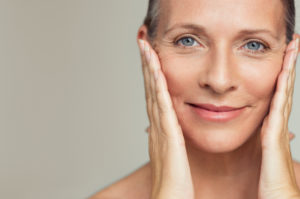
The first step to preparing yourself for a chemical peel is to understand what a chemical peel is and what it does to your skin.
A chemical peel, in essence, is a skin resurfacing tool. Special ingredients dissolve the upper layers of skin, with the depth of peel determined by the strength of ingredients. The deeper the peel, the more downtime you can expect since the skin will be affected by the peel as it renews.
With select layers of skin removed, we can effectively soften the appearance of fine lines and wrinkles, improve the look of scars, discolouration and pigmentation, freshen acne-prone skin, and reduce the impacts of sun damage.
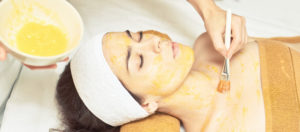
First things first. The strongest chemical peels are only available through a clinic like ENRICH Clinic, because they use pharmaceutical-grade ingredients. These restrictions apply because, in the wrong hands, a chemical peel can be dangerous and cause damage to the skin.
Our strongest peels are only ever applied by trained, experienced cosmetic doctors as a therapeutic skin treatment.
We also have lighter glycolic peels which also remove skin cells but in a gentle, no-downtime, way. A skin consultation is required before we can apply any chemical peel so that we can figure out what peel your skin will respond best to.
Step one is making an appointment with one of our trusted clinicians to discuss your skin.
Don’t exfoliate your skin before your chemical peel. We are going to be performing the skin resurfacing using acidic ingredients, and there is no need for you to prepare with a pre-exfoliation. Stripping the skin can make your skin more sensitive to the peel we apply. We do ask that you remove all makeup before a peel, but you can do that at the clinic. A chemical peel is an exfoliation.
If you are using facial medications, for example, for acne, then your skin may be less tolerant of the chemical peel. Please make sure to let us know of any medications you are using so we can make sure they’re safe to continue in the lead-up to your appointment.
When you’re booking your peel, depending on the strength, you may need to leave a few weeks for a full recovery. Light glycolic peels, however, have no downtime. Avoid booking a major chemical peel when you have a big event coming up – there are far more appropriate, no-downtime treatments to get your skin looking fresh. A chemical peel is not going to be your go-to if you have a big photoshoot coming up in a few days.
Need more science on how chemical peels work? Check out this scientific paper.
We are skin rejuvenation experts.
Contact us for a consultation
ENRICH Clinic
*With all surgeries or procedures, there are risks. Consult your physician (GP) before undertaking any surgical or cosmetic procedure. Please read the consent forms carefully and be informed about every aspect of your treatment. Surgeries such as liposuction have a mandatory seven-day cooling-off period to give patients adequate time to be sure of their surgery choice. Results may also vary from person to person due to many factors, including the individual’s genetics, diet and exercise. Before and after photos are only relevant to the patient in the photo and do not necessarily reflect the results other patients may experience. Ask questions. Our team of dermatologists, doctors and nurses are here to help you with any of your queries. This page is not advice and is intended to be informational only. We endeavour to keep all our information up to date; however, this site is intended as a guide and not a definitive information portal or in any way constitutes medical advice.
"*" indicates required fields
Combining Dr Rich’s dermatological skill with his knowledge of restorative skin regimes and treatments, the ENRICH range is formulated to help maintain and complement your skin. Our signature Vitamin C Day & Night creams are now joined by a Vit A, B,&C Serum and a B5 Hyaluronic Gel, both with hydration properties and much, much more.

LED light therapy, also known as phototherapy, is a non-invasive treatment that harnesses the power of light to address various skin concerns.
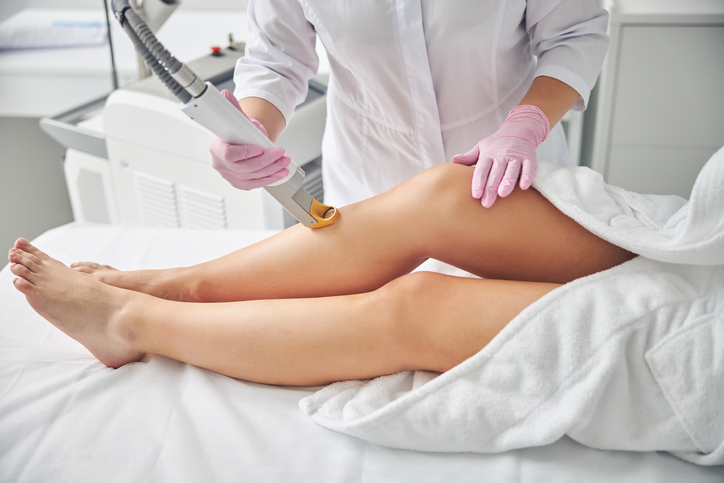
Intense pulsed light (IPL) has become a staple in beauty salons and dermatology clinics. Learn how it works for hair removal, acne management, and more.
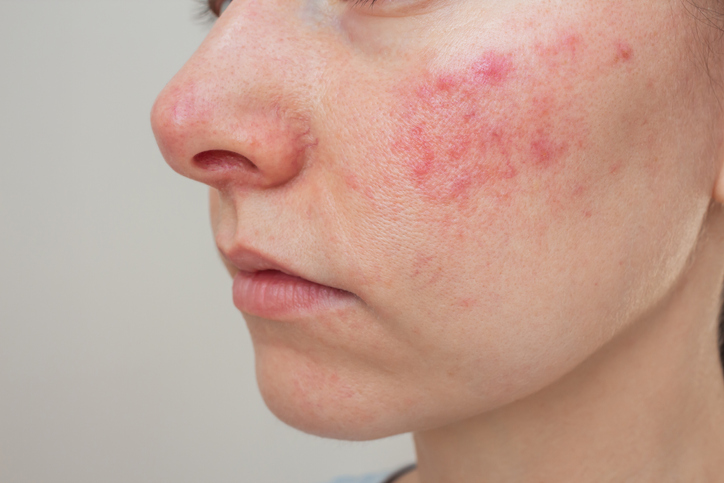
Worried you have eczema, dermatitis, or psoriasis? We talk symptoms, causes, triggers, and treatments for these common causes of itchy skin.

Research has shown that snoring can be reduced by up to 60% after two or three treatments with ENRICH Clinic’s high-tech target lasers designed to tighten the soft palate and stop snoring.
Subscribe to the ENRICH newsletter and receive latest news & updates from our team.
Enrich Clinic acknowledges the Traditional Lands of the Wurundjeri Woi Wurrung and Bunurong peoples of the East Kulin Nations on which we work and trade. We pay respect to their Elders past, present and emerging. We extend our acknowledgement and respect to the LGBTQIA+ community who we welcome and support. Read our full Acknowledgement Statement here
